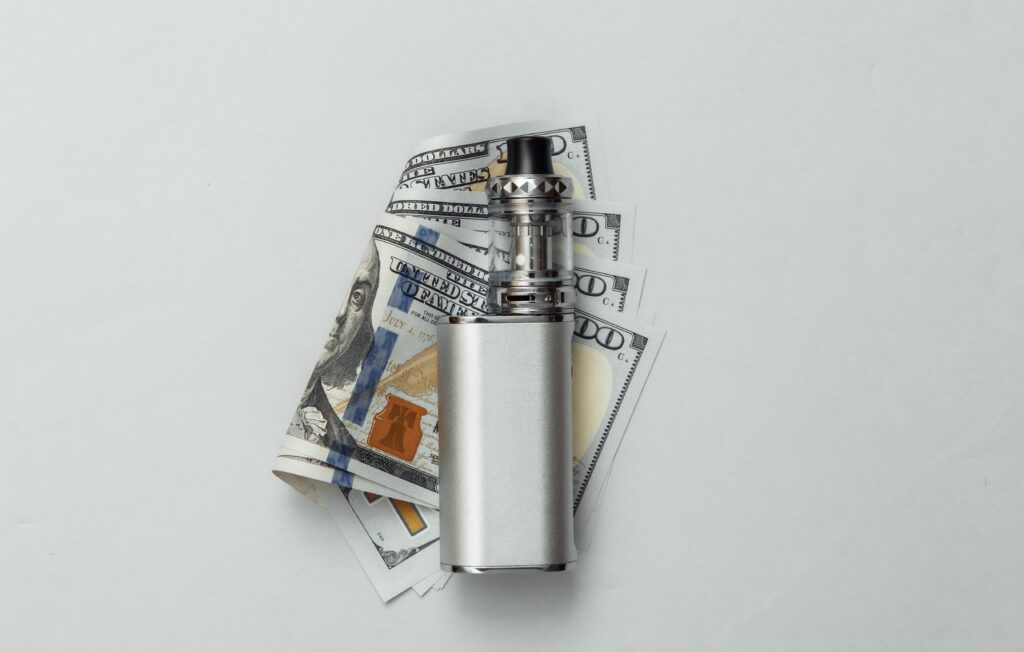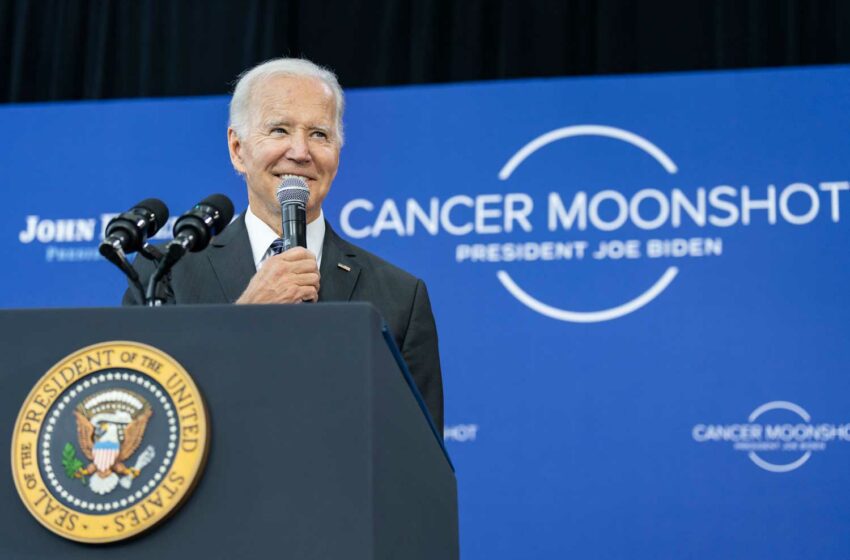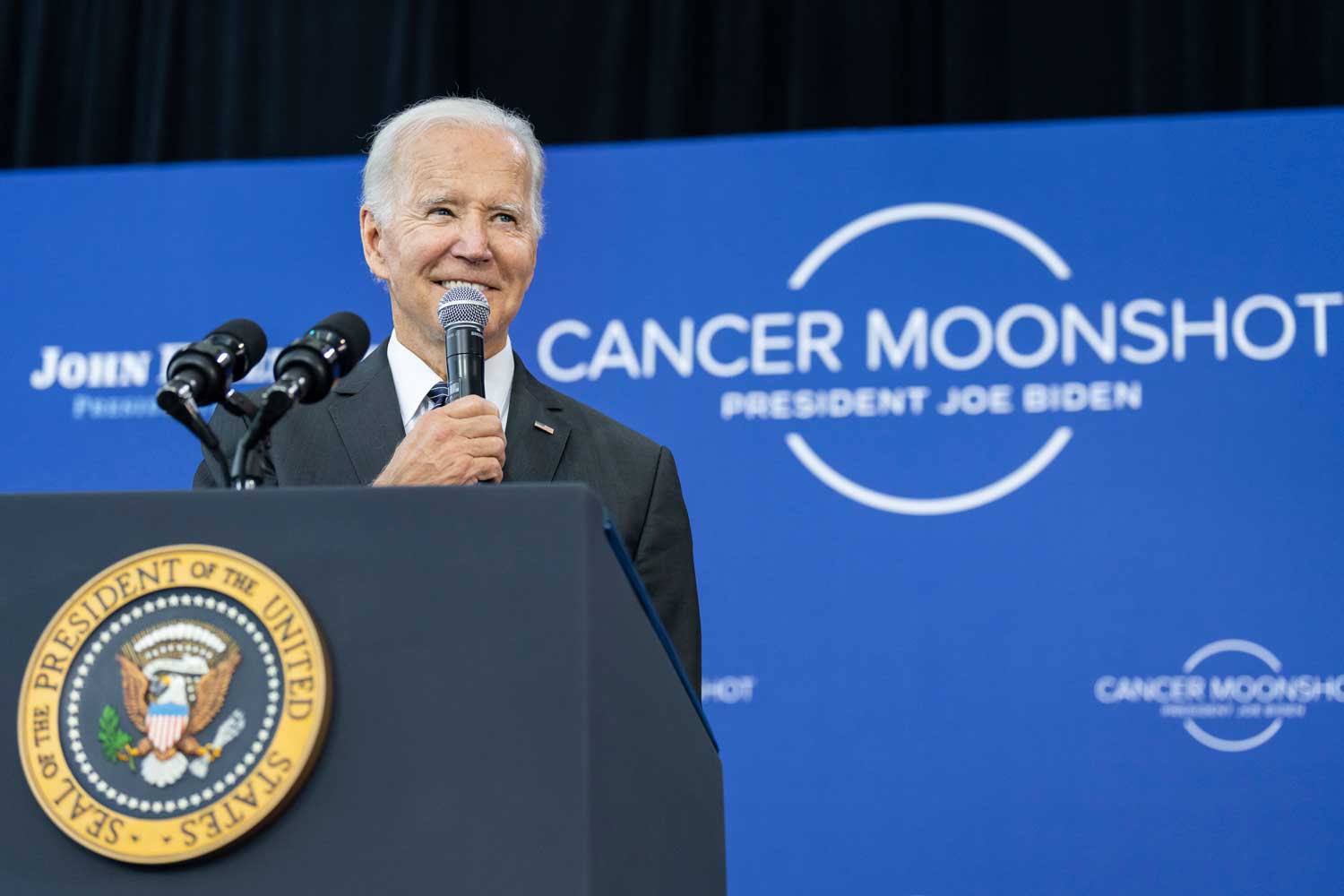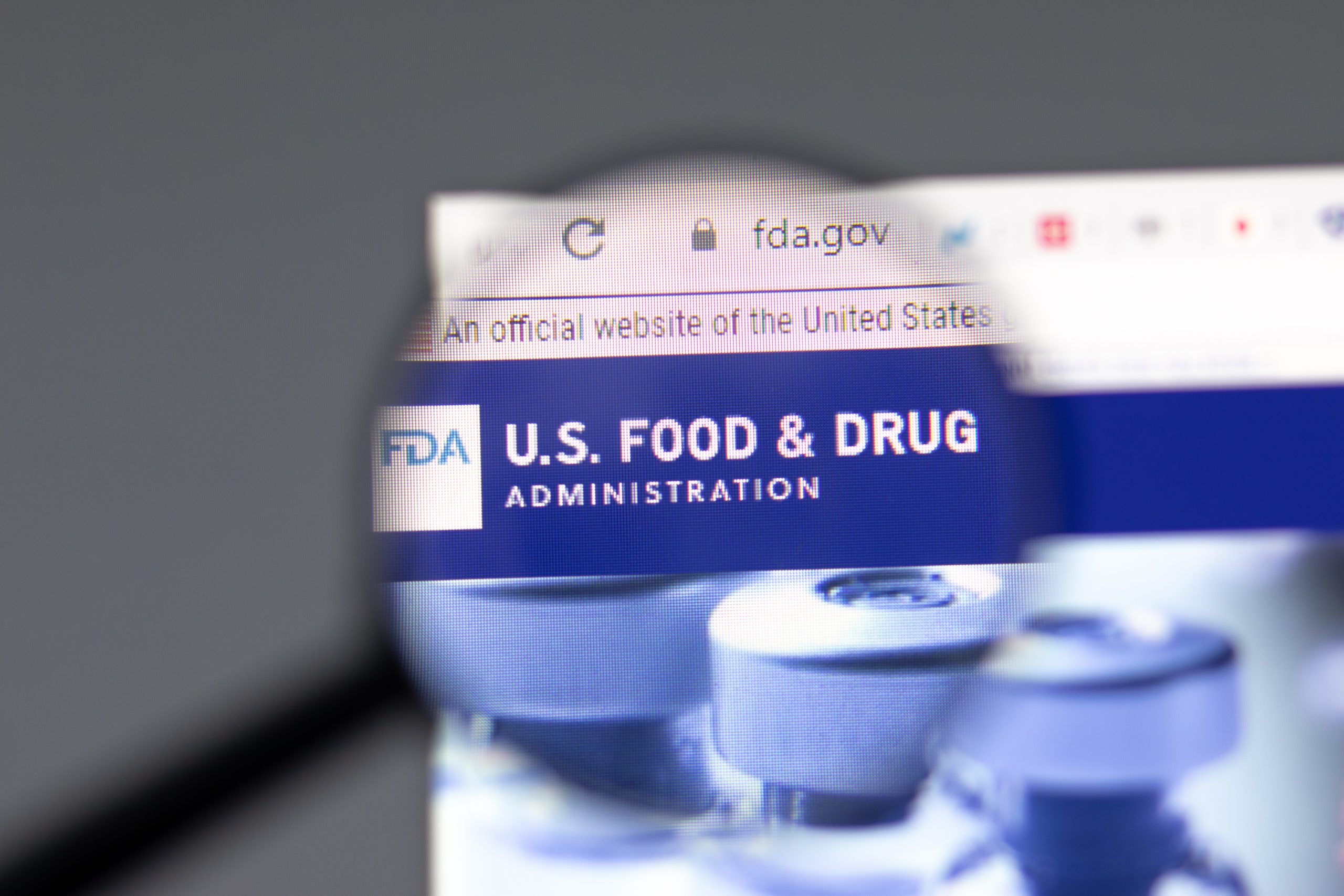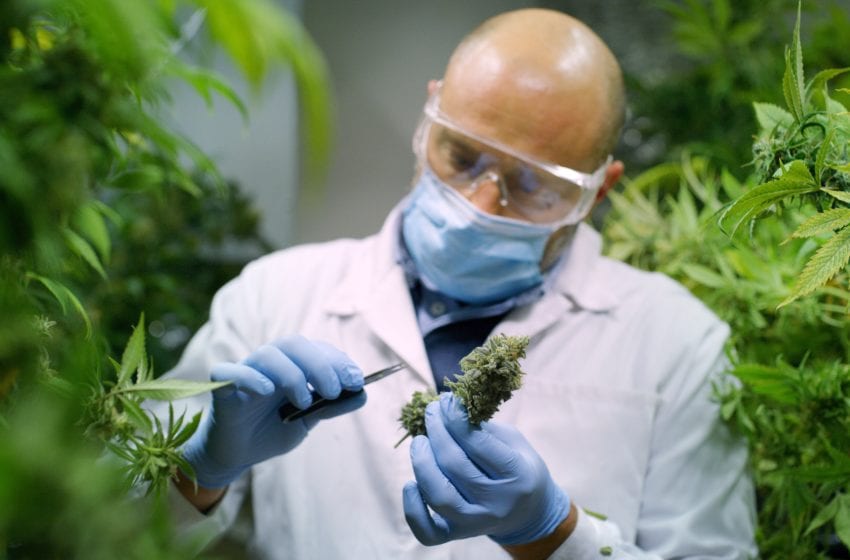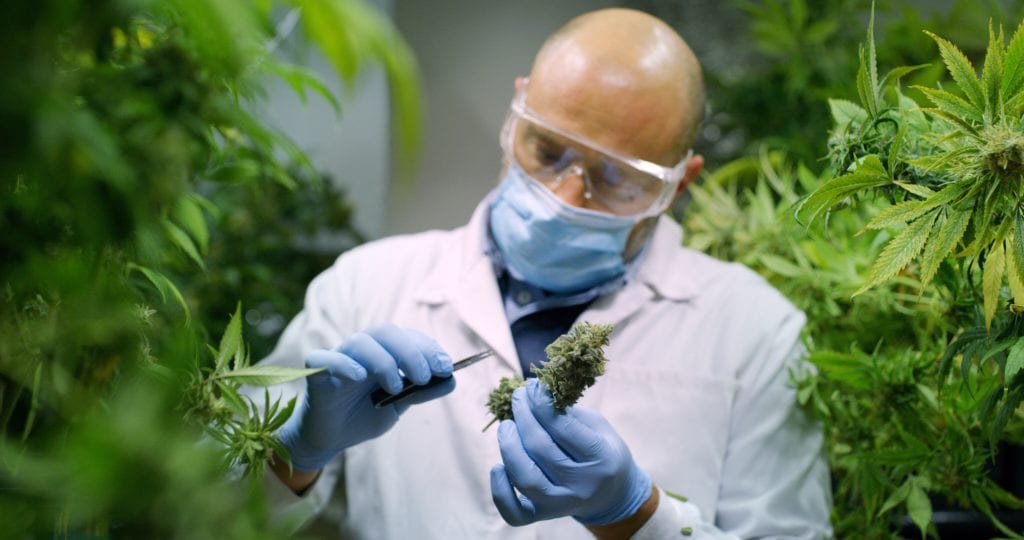The Oregon Court of Appeals upheld a Washington County ban on flavored tobacco sales.
Washington County commissioners approved Ordinance 878 in 2022, but it was not enforced because a circuit court judge overturned it.
In his opinion, Circuit Judge Andrew Erwin wrote that prohibiting the sale of flavored tobacco must come from the state, not the county.
The county appealed the judge’s decision, and the court found that the county is not preempted by state law. According to Washington County’s website, businesses will be inspected each year to ensure compliance with the ordinance.
Tony Aiello, Jr., the attorney for the plaintiffs-respondents, released a statement, saying, in part, “My Clients are disappointed with the decision by the Court of Appeals today and intend to seek review by the Oregon Supreme Court.
“We read the Court of Appeals’ decision to conflict with itself in several places and are optimistic that the Oregon Supreme Court will reach a different conclusion if our case is granted review.”









